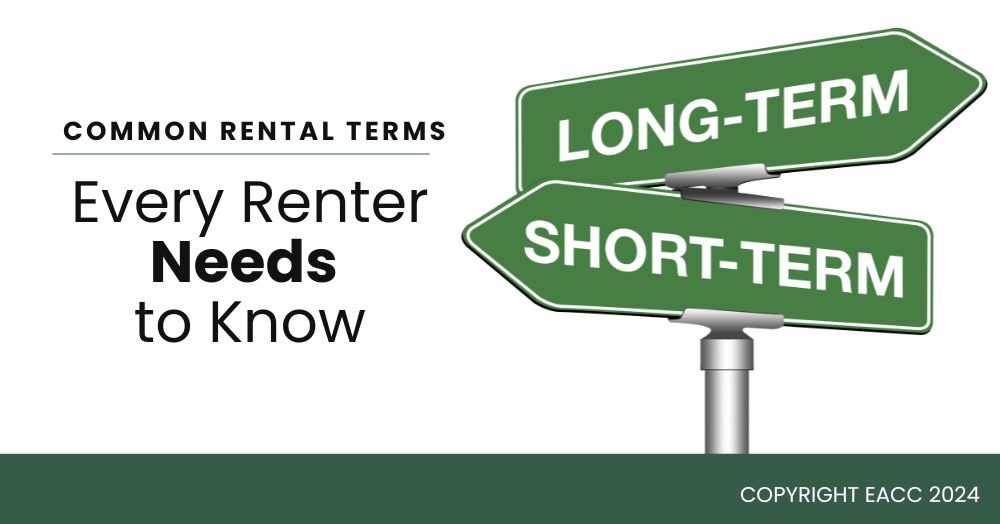
Common Rental Terms Every Renter Needs to Know
Guide to Lettings Jargon for London Renters
Lettings terminology can be confusing, especially if you’re new to renting.
So, here’s a jargon-busting list of commonly used rental terms to help you navigate the lettings market*.
Agent
An agent is a person who acts on behalf of the property owner (i.e. the landlord). Agents can be involved in letting activities such as finding tenants, tenant referencing and the day-to-day management of the property.
Arrears
If a tenant fails to pay some or all of their rent when it’s due (as specified in the rental contract), the outstanding amount is called arrears.
AST
AST stands for Assured Shorthold Tenancy. This agreement allows a landlord to let out a property for a specified length of time. The landlord has the right to repossess the property at the end of the specified term.
Contract
This is a legal agreement (sometimes called a lease) between the landlord and the tenant. It outlines the tenancy’s duration and details each party’s rights and responsibilities in looking after the property.
Deposit
The tenant pays a sum of money – called a deposit – to the landlord at the start of a tenancy. It’s paid as security against damage to the property, failure to pay rent or failure to meet legal responsibilities.
Dilapidation
Damage that occurs at a rental property during a tenancy beyond what you would expect to see through ordinary use is called dilapidation.
EPC
An Energy Performance Certificate rates the energy efficiency of a property. Ratings range from A (for the most efficient properties) to G (for the least efficient). By law, landlords must provide tenants with a valid EPC.
Fair wear and tear
The term fair wear and tear covers the deterioration that you would reasonably expect to see in a property over time.
Guarantor
A guarantor is a person (often a relative or close friend) who agrees, in writing, to step in and pay a tenant’s rent if they fall into arrears. Some guarantor agreements also cover property damage.
Jointly and severally
If you have a joint tenancy, all tenants are individually and jointly responsible for meeting the terms of the agreement. For example, if one tenant fails to pay their rent, other tenants can be expected to cover these arrears. Even if, as a tenant, you’ve paid what you consider to be your share of the rent, the landlord can expect you to make up the shortfall.
Lessee
This one’s easy: lessee means tenant.
Lessor
And another easy one: lessor refers to the landlord.
Top tip for renters
When you sign a rental agreement, it’s critical that you understand what you’re committing to.
Always read your rental contract and ask for clarification if there’s something you don’t understand.
If, after reading this list, you still have questions, get in touch with us here at Shaws Kensington.
* The information included in this article does not constitute legal advice.